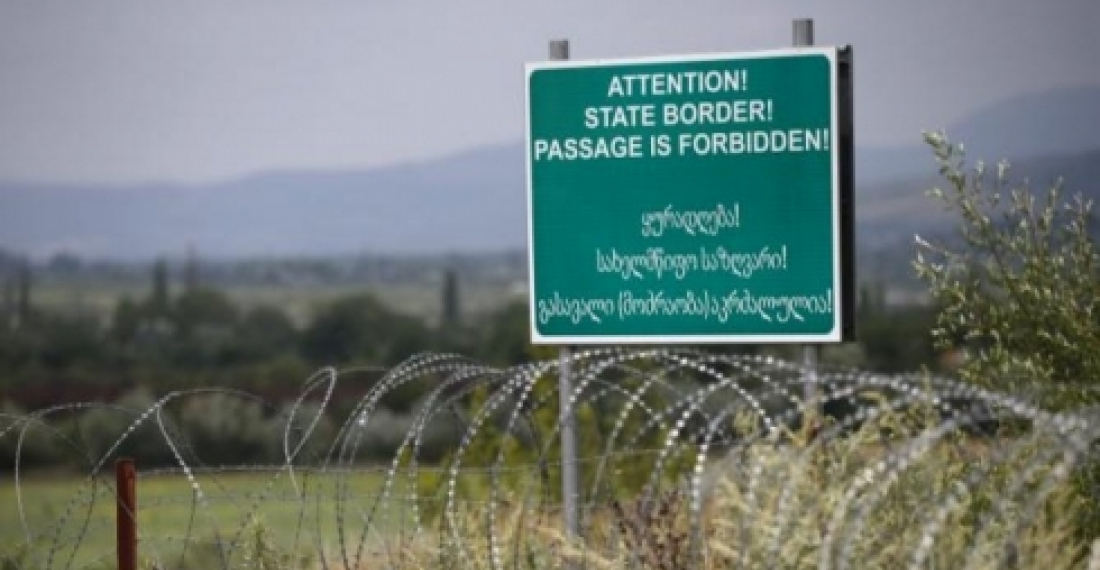Georgia's Foreign Ministry presented a report it had prepared on the human rights situation in Abkhazia and Tskhinvali region. This report covered the period of October-December 2015.
"It should be emphasised that gross violations of human rights, including inhuman treatment, arbitrary detention, restriction of freedom of movement and mass infringement of property rights and the right to receive an education in the native language continue to be reported from the occupied territories. The installation of barbed wire fences across the occupation line further aggravated an already grave situation," the Ministry's report said.
The document paid particular attention to a new process of so-called ‘passportisation' and issuance of new regulations on legal status of foreigners in the region of Abkhazia, which could lead to "another wave of ethnic cleansing".
"Adoption of so-called laws targets the ethnic Georgian population living in the occupied territories," Georgia's Foreign Ministry said.
The total length of barbed wire fences illegally erected by Russian occupational troops on Georgian soil is 63km, as of today.
Of this, about 51km of the artificial barriers lie along the occupation line in Tskhinvali region (South Ossetia) and similar barbed wire fences covered a stretch of more than 12km in the Abkhazian region.
Both of these two regions - Abkhazia and Tskinvali - make up 20 percent of Georgia's territory, currently occupied by Russia.
You could read the report in full here.
source: commonspace.eu with agencies






